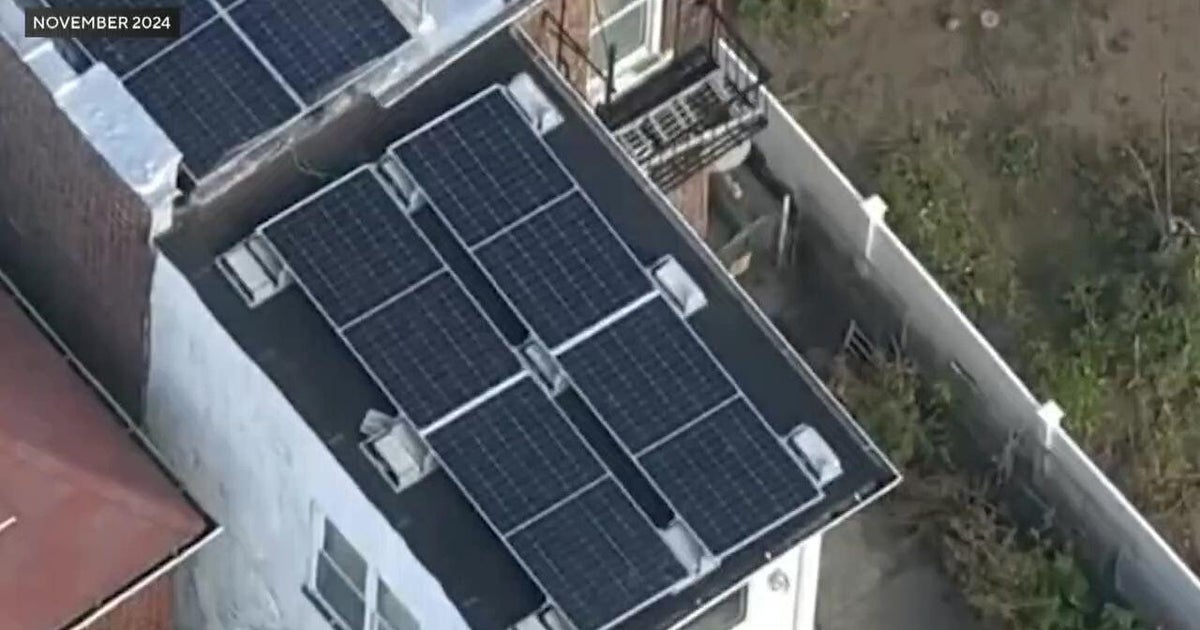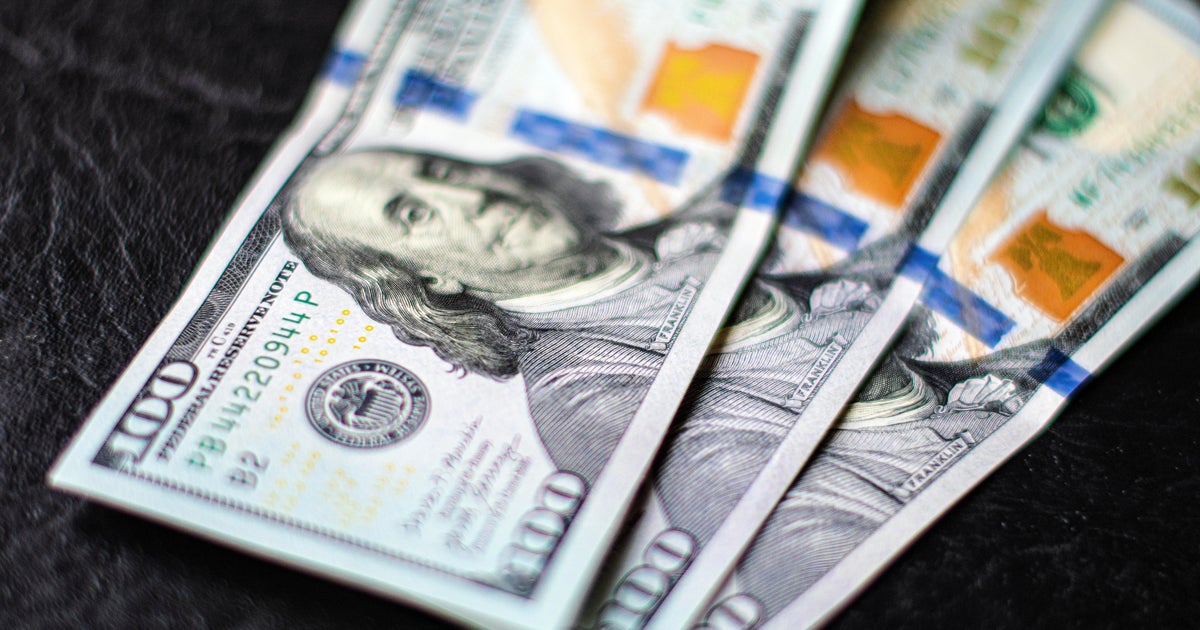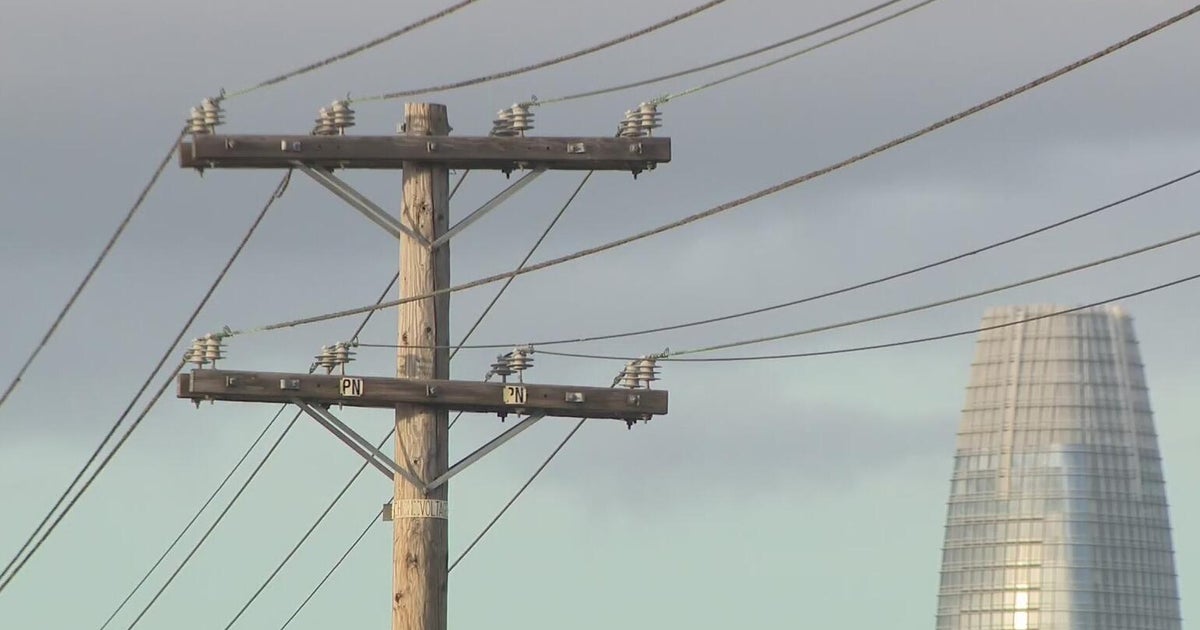Business Owners Decry Tax Hike Plan
CHICAGO (CBS) -- Some local businesses were warning of potential cutbacks and layoffs – perhaps even moving out of state – in light of a looming income tax hike in Illinois.
Included in a massive tax hike plan approved by state lawmakers early Wednesday morning was a plan to raise the corporate income tax rate by nearly 50 percent.
The hike will also boost the corporate income tax rate 4.8 percent to 7 percent. In 2015, it would drop to 5.25 percent and in 2025 would drop again to the current rate of 4.8 percent.
In addition to the corporate income tax, many businesses in Illinois pay a "Personal Property Replacement Tax" of 2.5 percent of income, bumping their corporate tax rate to 9.5 percent.
As CBS 2's Vince Gerasole reports, some business owners are saying they'll be forced to cut back on hours for their employees, lay off workers, or even move out of Illinois altogether.
"I have to pay out more but I'm not gonna get in as much," said Heleen Thanasouras, owner of Lou Mithcell's restaurant in the Loop. "If you're raising everyone's personal income tax as well, that cuts down on what comes to me and then they want me to pay more of less that I got."
Deirdre Jordan, president of Troscan Design, a Near West Side fine furniture store, said local businesses were already hurting because of the recent recession.
"When the economy dropped we had to let go and cut back drastically," Jordan said.
The small furniture manufacturer had already cut its work force in half to 16 to survive the recession. Jordan was angry that state lawmakers didn't make the same sacrifices business owners have.
"Only increasing the taxes without reciprocating (spending) cuts is not only short-sighted, but difficult to swallow; because I had to make big cuts," Jordan said.
Even a major operation like Turano Bakery, employing 1,000 workers, was worried about the future now that taxes will go up.
Renato Turano, chairman of Turano Bakery Co, said, "It puts a lot more pressure on us and we already have a lot of pressure."
Some business are already being wooed by other states. The governors of Wisconsin and Indiana both have said Illinois' tax hike will draw businesses to their states.
"In Indiana, for example, the taxes are so low we can rent space to store there for, literally, one-tenth," Jordan said.
Other businesses were concerned about an already difficult overall tax burden.
"I don't think that I'm just responsible for my household and my family. I'm responsible for my employees and their families too," Thanasouras said.
Business owners warned adapting to the higher tax would mean balancing layoffs with charging higher prices.
"I'll have to give people fewer hours they will earn less," Thanasouras said.
For Turano Bakery, Renato Turano said, "It looks like we'll have to charge more."
A common question for business owners on Wednesday was "when are they (state leaders) going to cut their budgets?"
Jordan said if business owners must get by with less, officials in Springfield should do the same.
"No one was there to catch me. I couldn't raise my prices 60 percent to compensate," Jordan said.
Chicagoland Chamber of Commerce CEO Jerry Roper issued a statement Wednesday opposing the tax hike and urging lawmakers to enact a number of reforms to help Illinois businesses cut costs.
LISTEN: Newsradio 780's Kris Kridel Reports
Podcast
"A higher corporate tax rate will potentially drive businesses out of state and discourage businesses from locating in Illinois," Roper said. "All of these actions are a serious threat to Illinois' business environment which relies on small businesses as the centerpiece of our economic activity.
Roper urged lawmakers to take steps to reform the state's workers' compensation system and public employee pensions and healthcare benefits.
"The Chicagoland Chamber of Commerce has always recognized the difficult fiscal position the State of Illinois faces and is doing its part by keeping employees working and our businesses open," Roper said. "But trying to solve the crisis with such a monstrous tax increase is counterproductive and bad for our economy."







